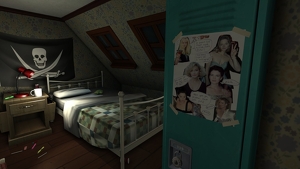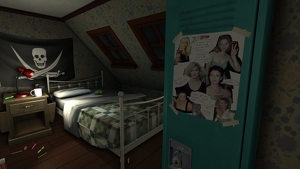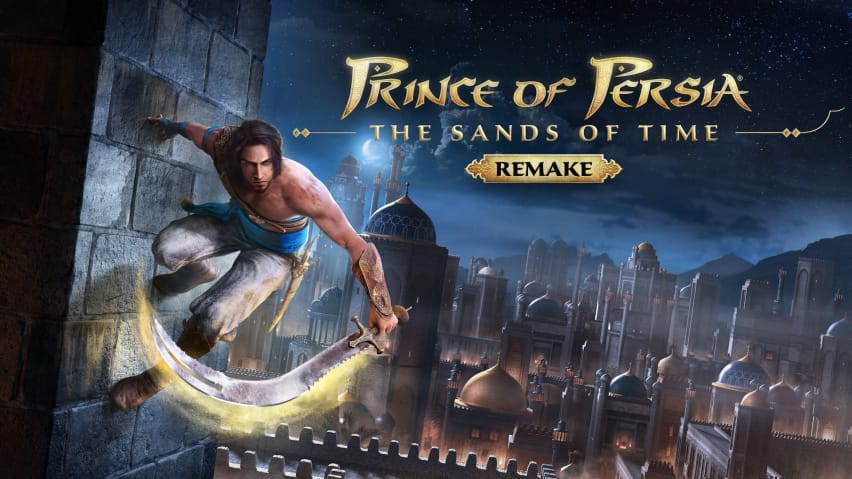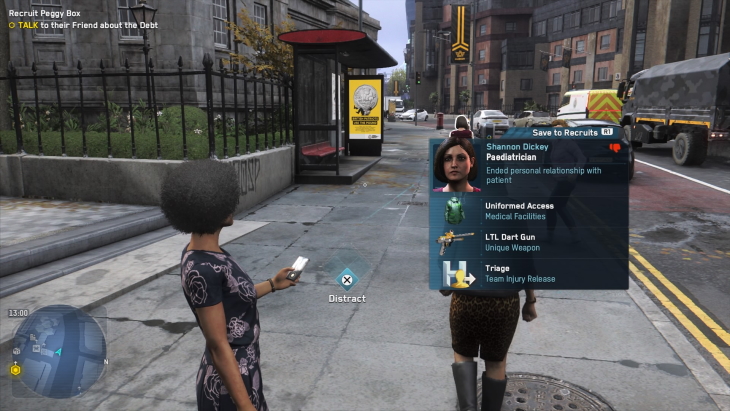

The first time the Asylum Demon came crashing down to greet me in Dark Souls, I actually made a noise: the kind of pathetic mewl of protest you might let out after decanting a mug of hot coffee onto your keyboard. Really, can you blame me? The timing is divine, holding back just long enough to let you feel safe, beckoned in further by those inviting double doors. And then BAM. Corpse pancake.
Of course, if I'd been a little more observant, I wouldn't have been taken by surprise. Pause in the doorway just after the first bonfire and you can spot the big pot-bellied bastard squatting right there on the rooftop, poised like an acrobat in the rafters, waiting for his queue to drop. It's a fantastically ballsy bit of theatre. Glance the wrong way and the whole moment is ruined. It reminded me of something Jeep Barnett said in the developer's commentary for Portal: 'One bizarre fact of game design is that, without some serious prompting, players will rarely look up.' Jeep and his team had to find a workaround – in that case, a crumbling ladder – to guide people towards the solution.
We like to label visually compelling games as 'cinematic', but film directors never have to deal with crap like this. David Fincher can put the camera wherever he wants, cut to a closeup, pan out wide or even glide through a wall. But on a stage, things are very different. You're vulnerable to the audience's waning attention, an errant turn of the head. Take a scene transition: unless they want to have an intermission every time the story moves somewhere new, directors have to hide the change in plain sight. One actor folds up a table, while another, clad in black, rolls a piano through the shadows. Think of all those hidden loading screens, the elevator rides in Mirror's Edge and the slow tunnel crawls in God of War. It's the same principle. Forget what's happening in the wings, the frantic costume changes and the unfurling backdrop. Keep moving forward. All eyes on the spotlight.




